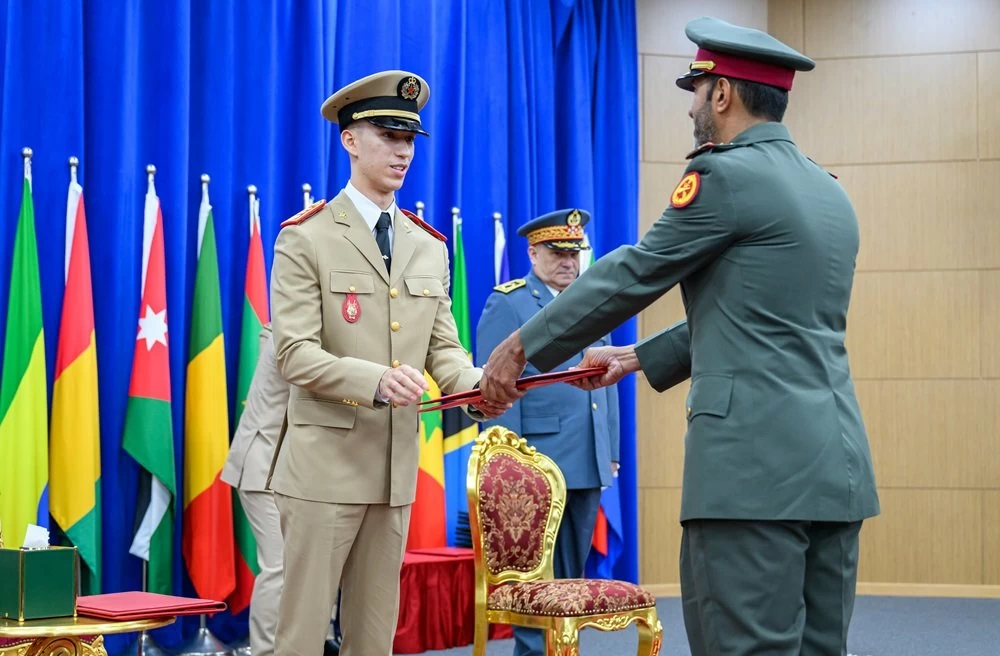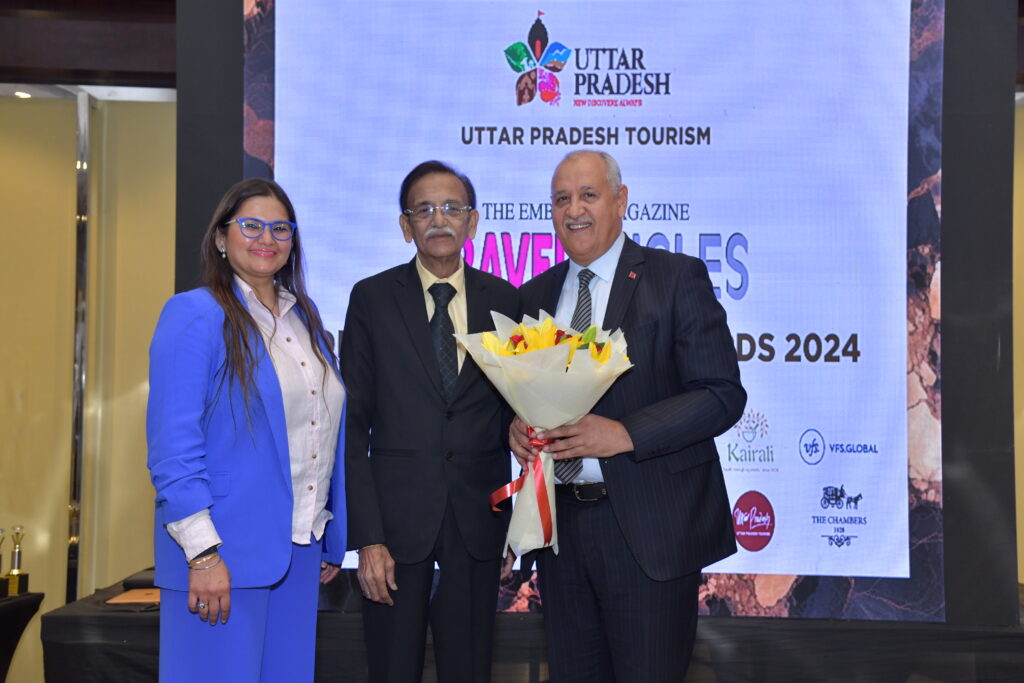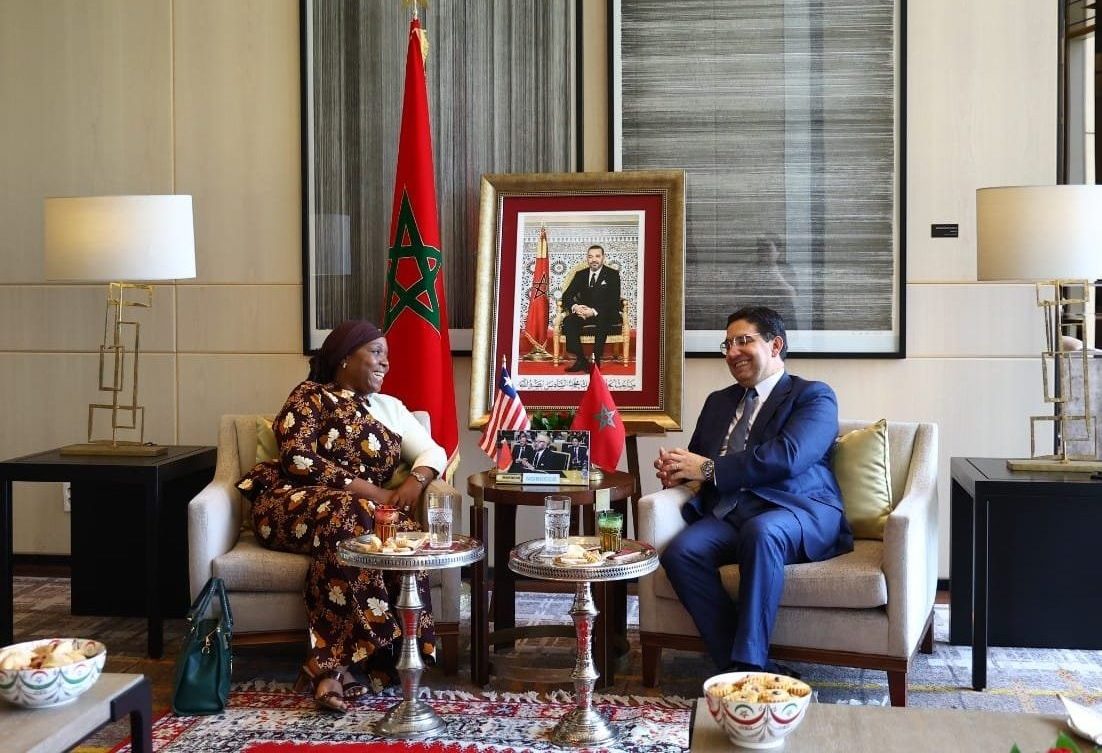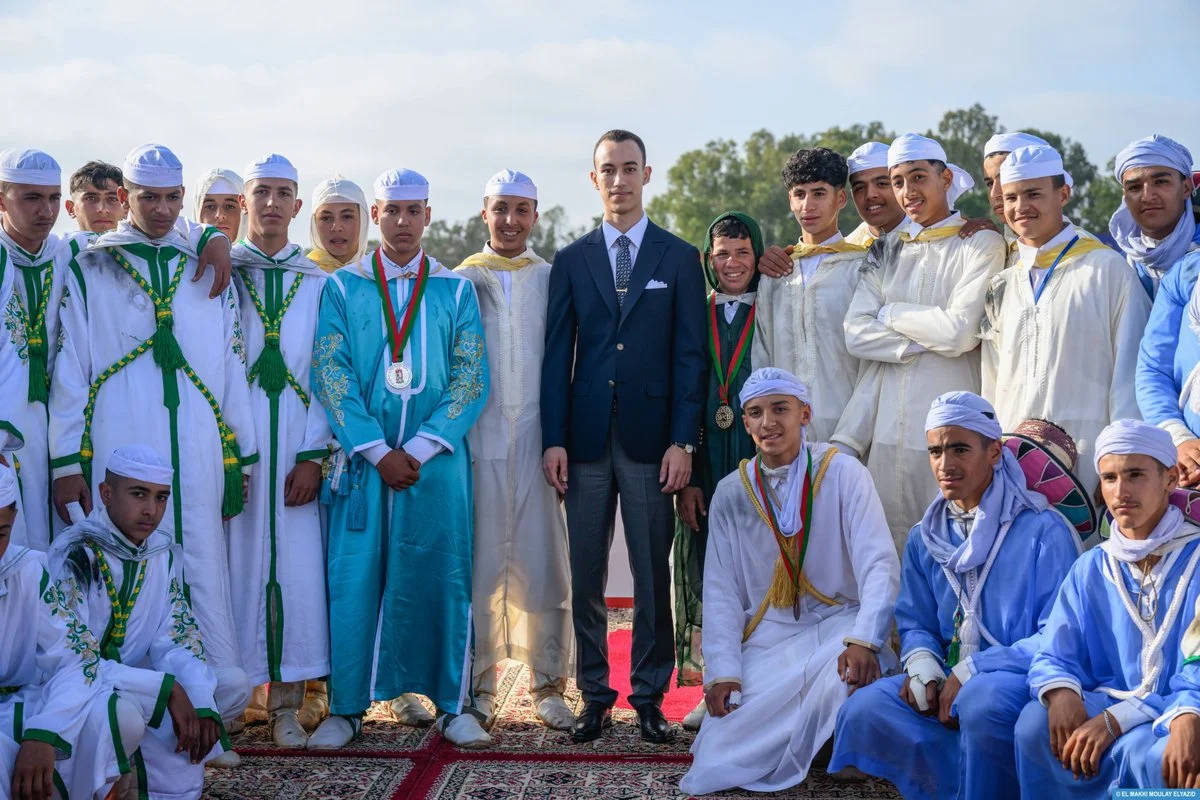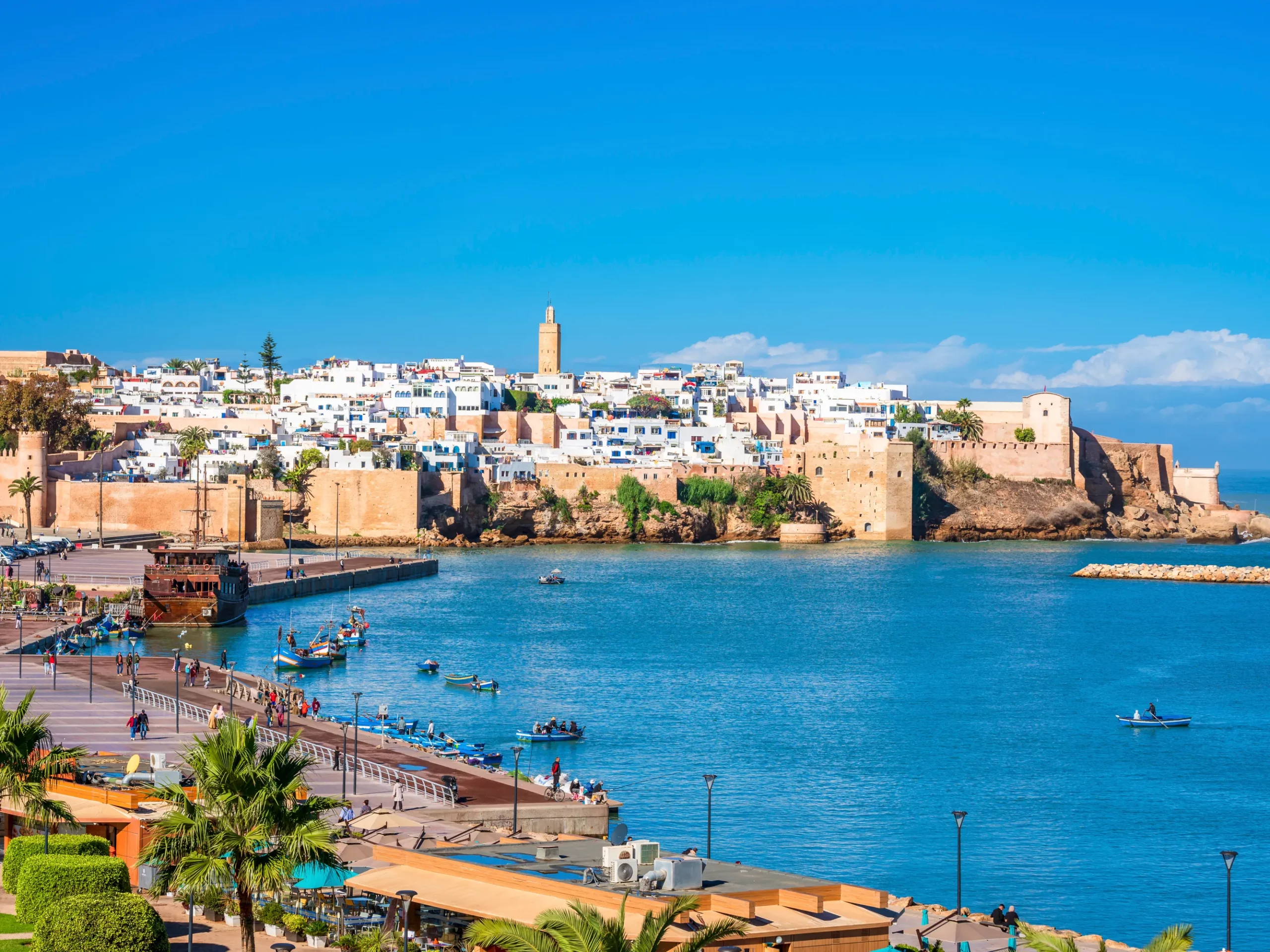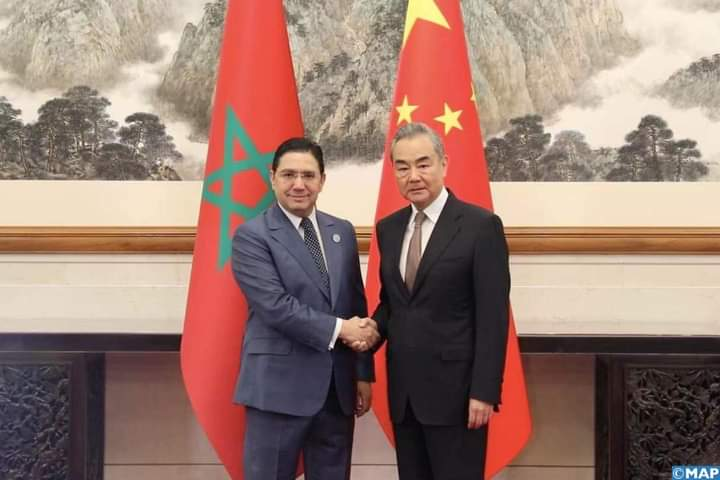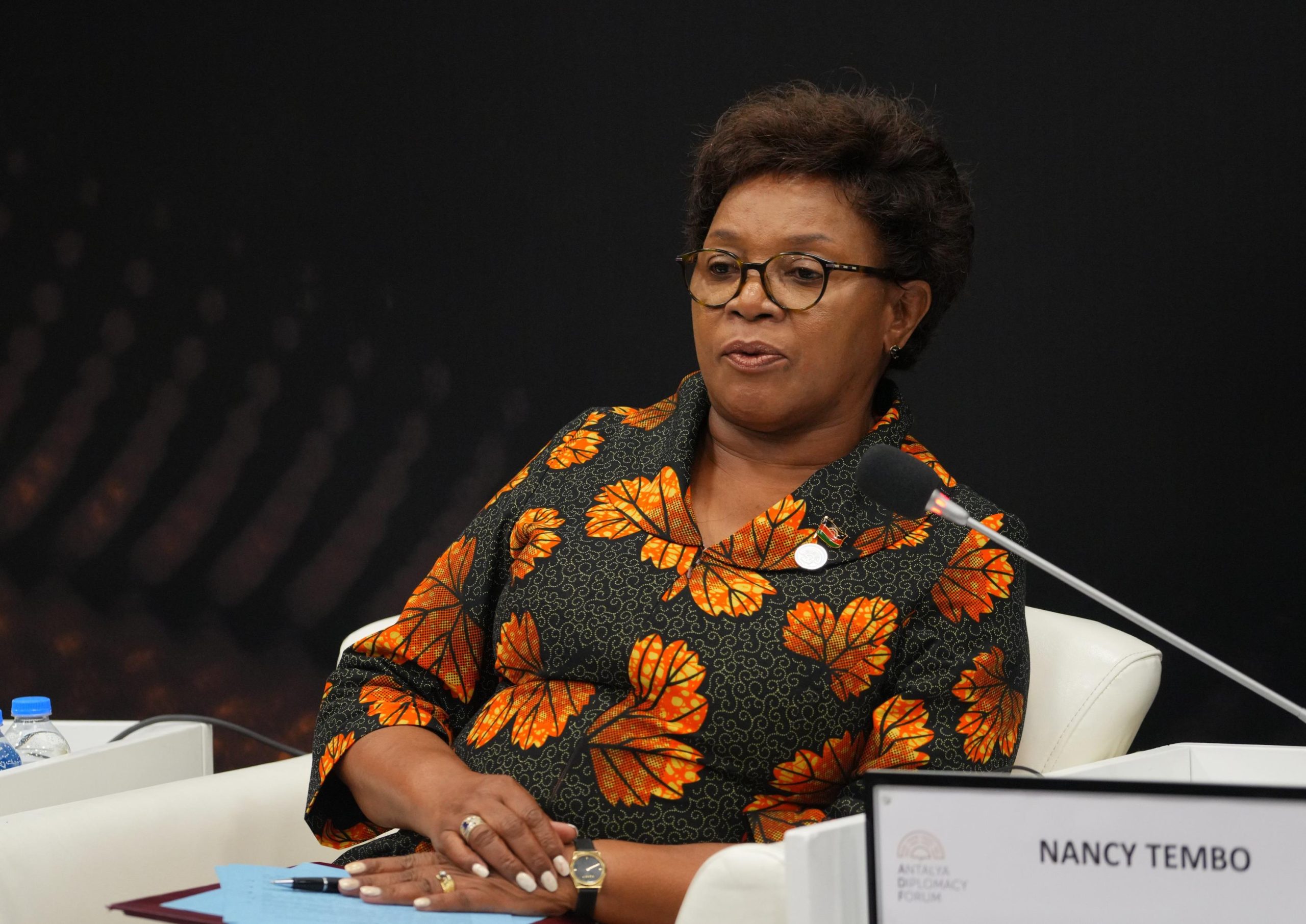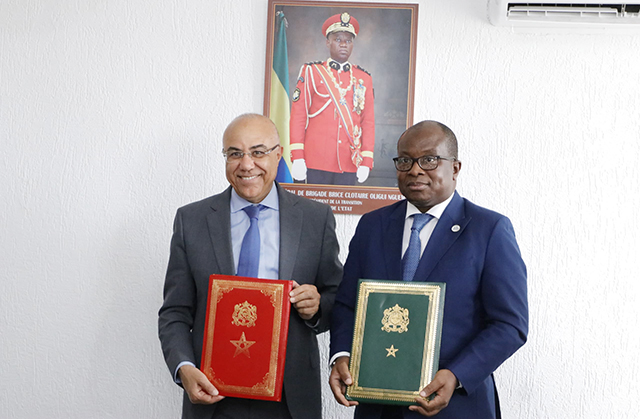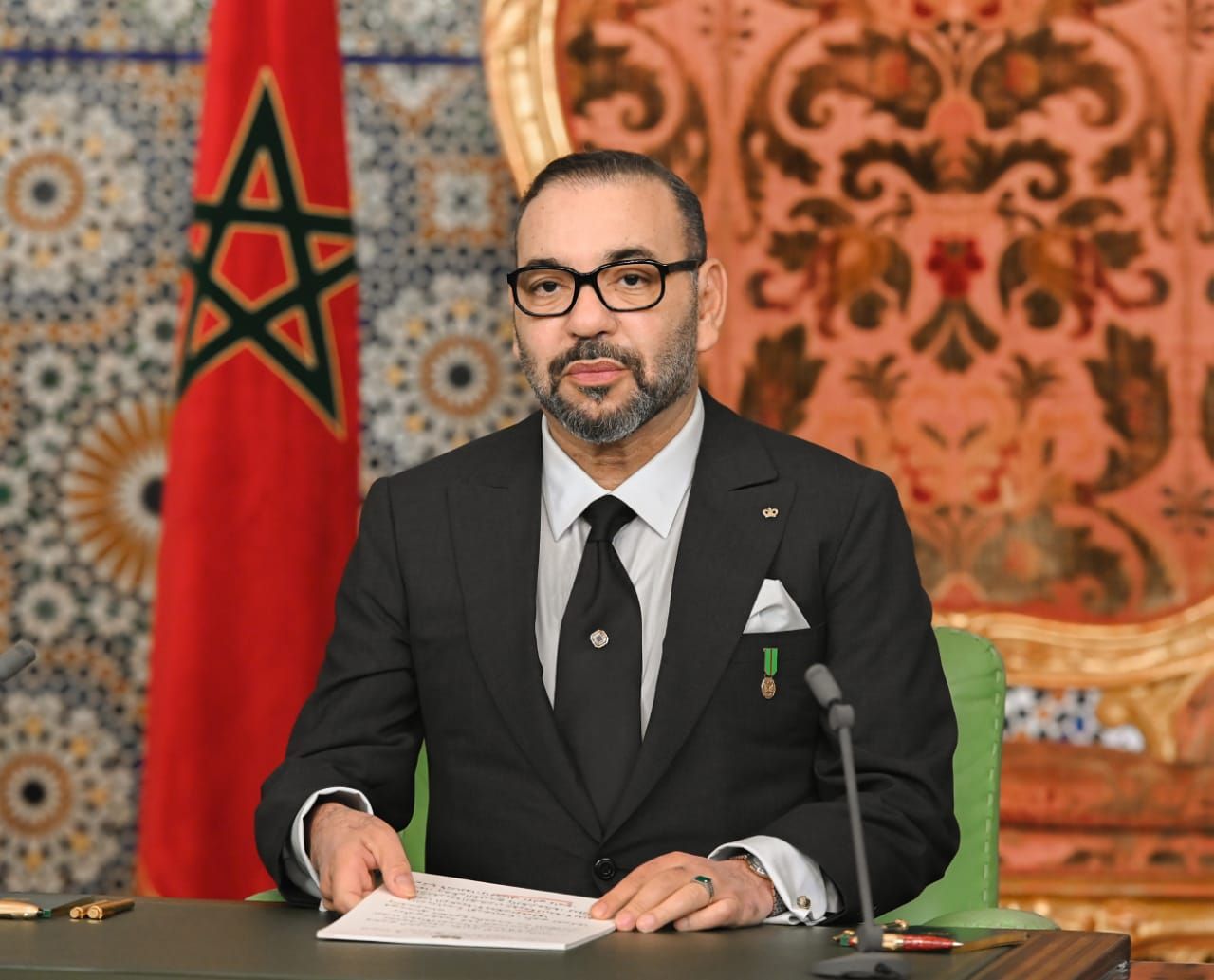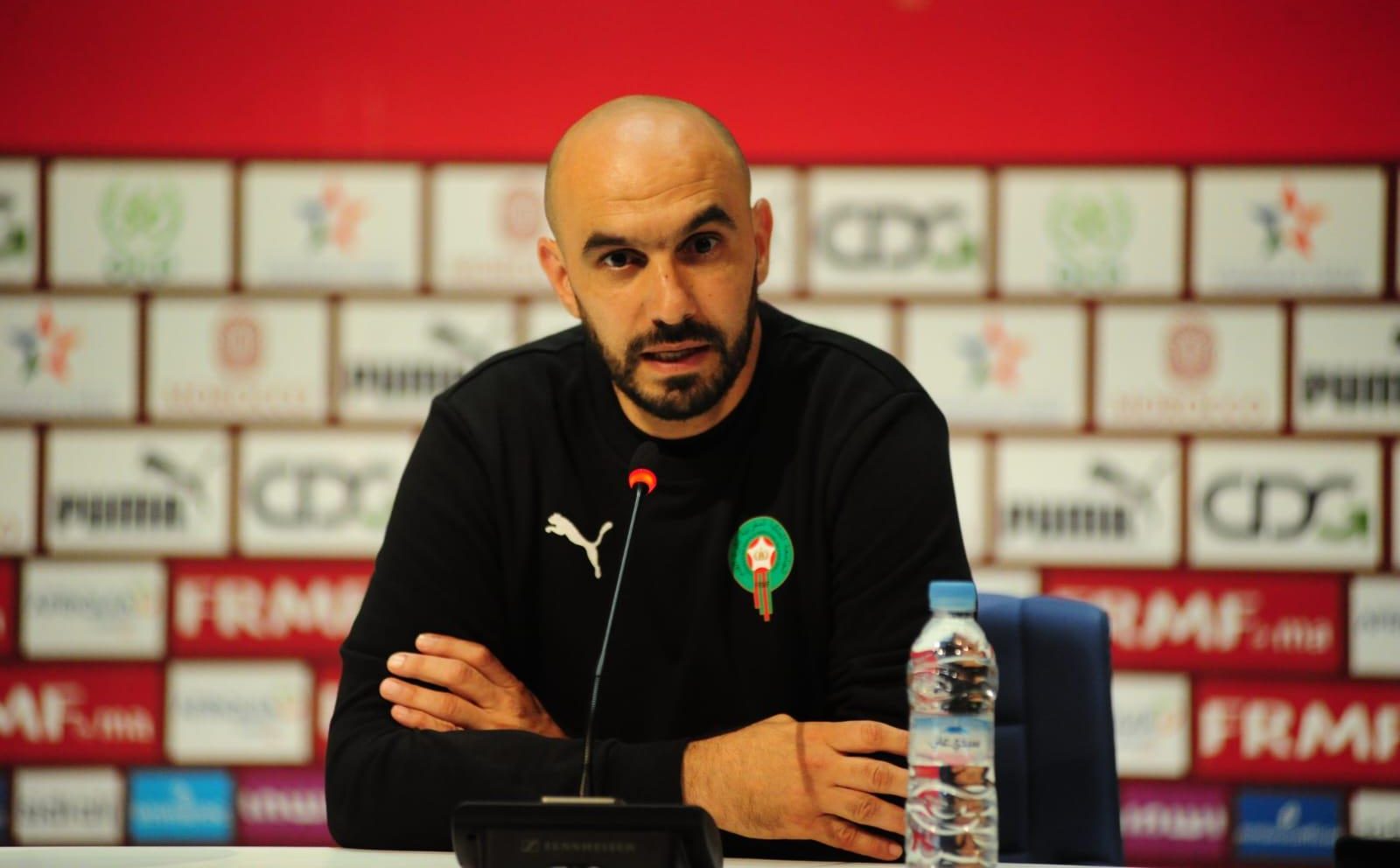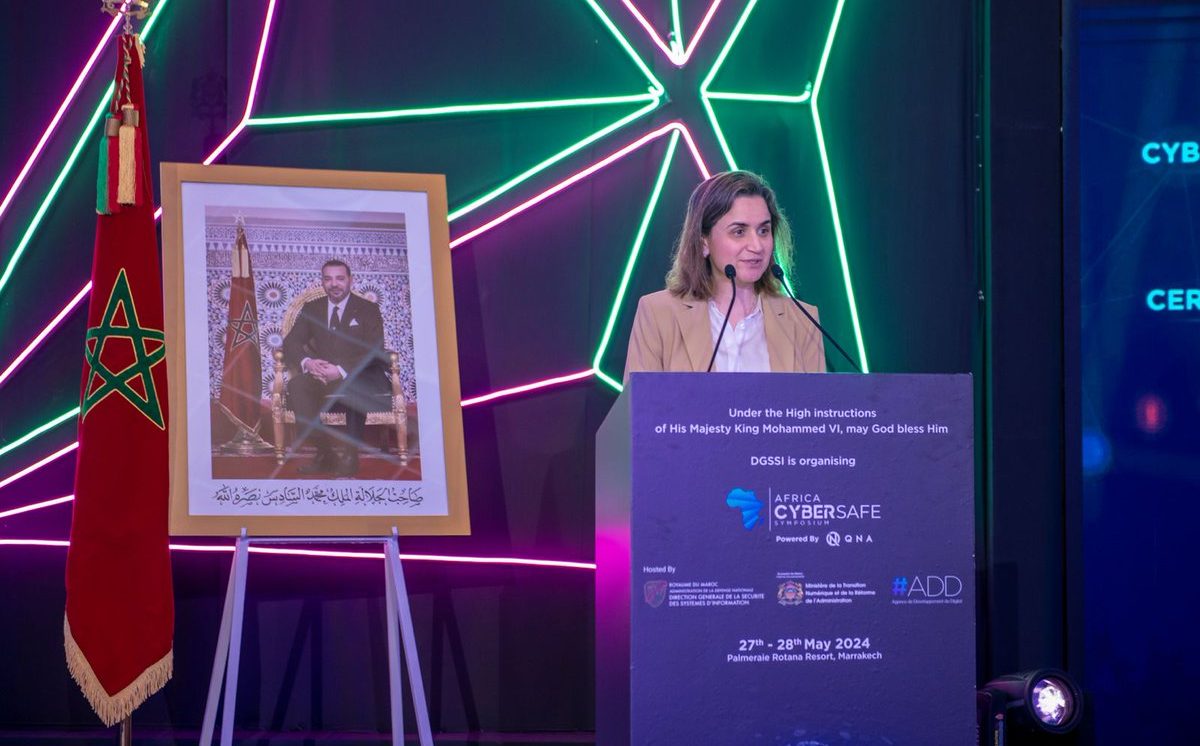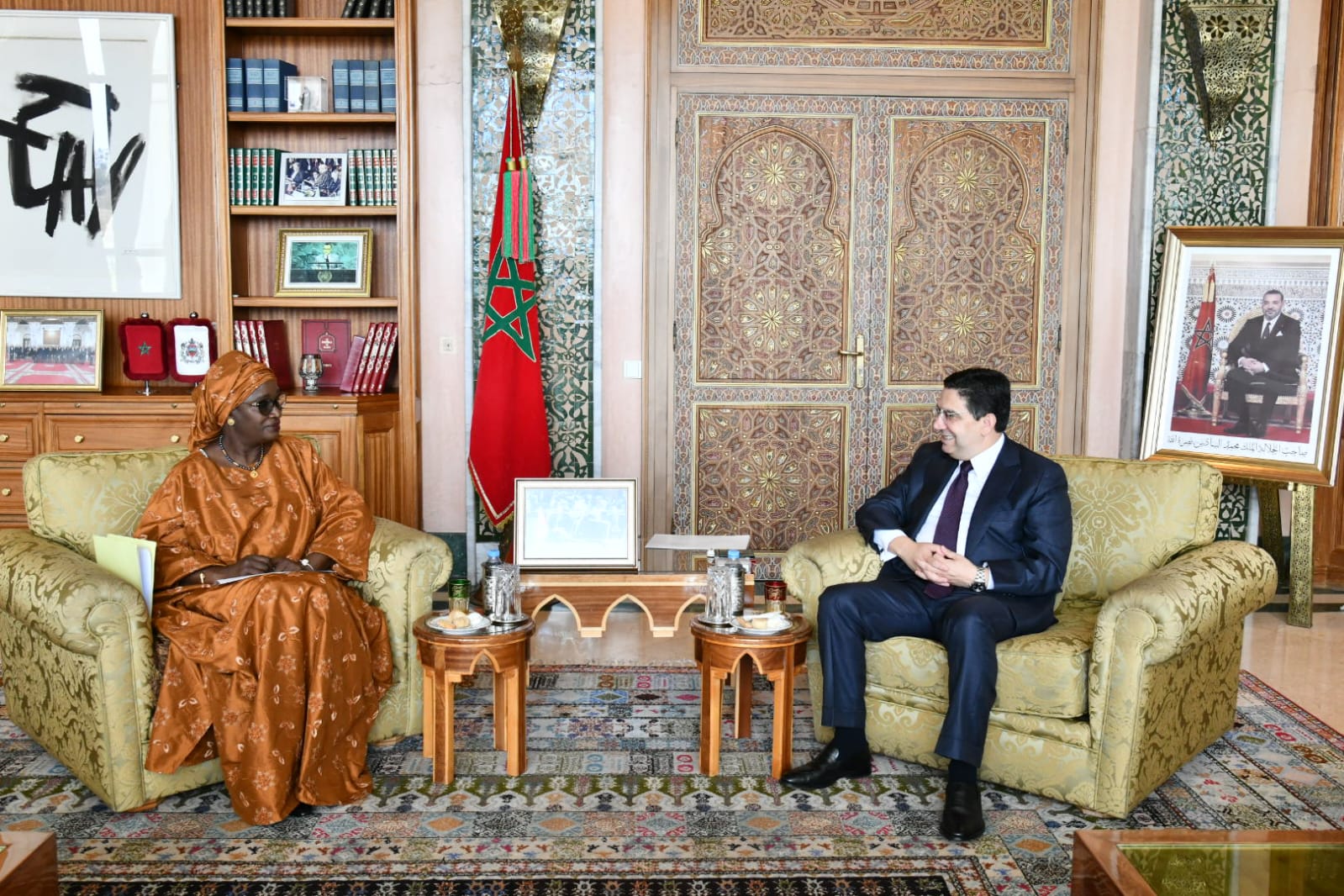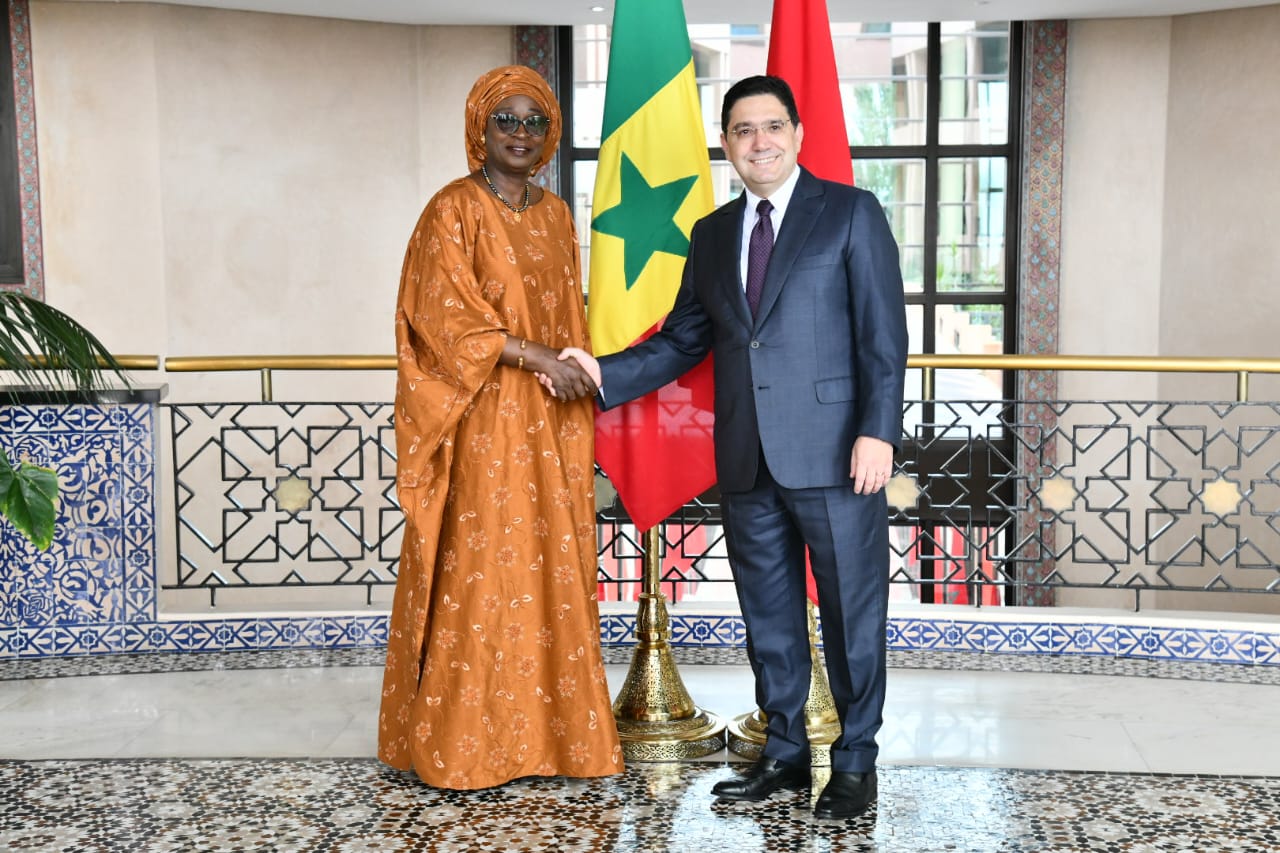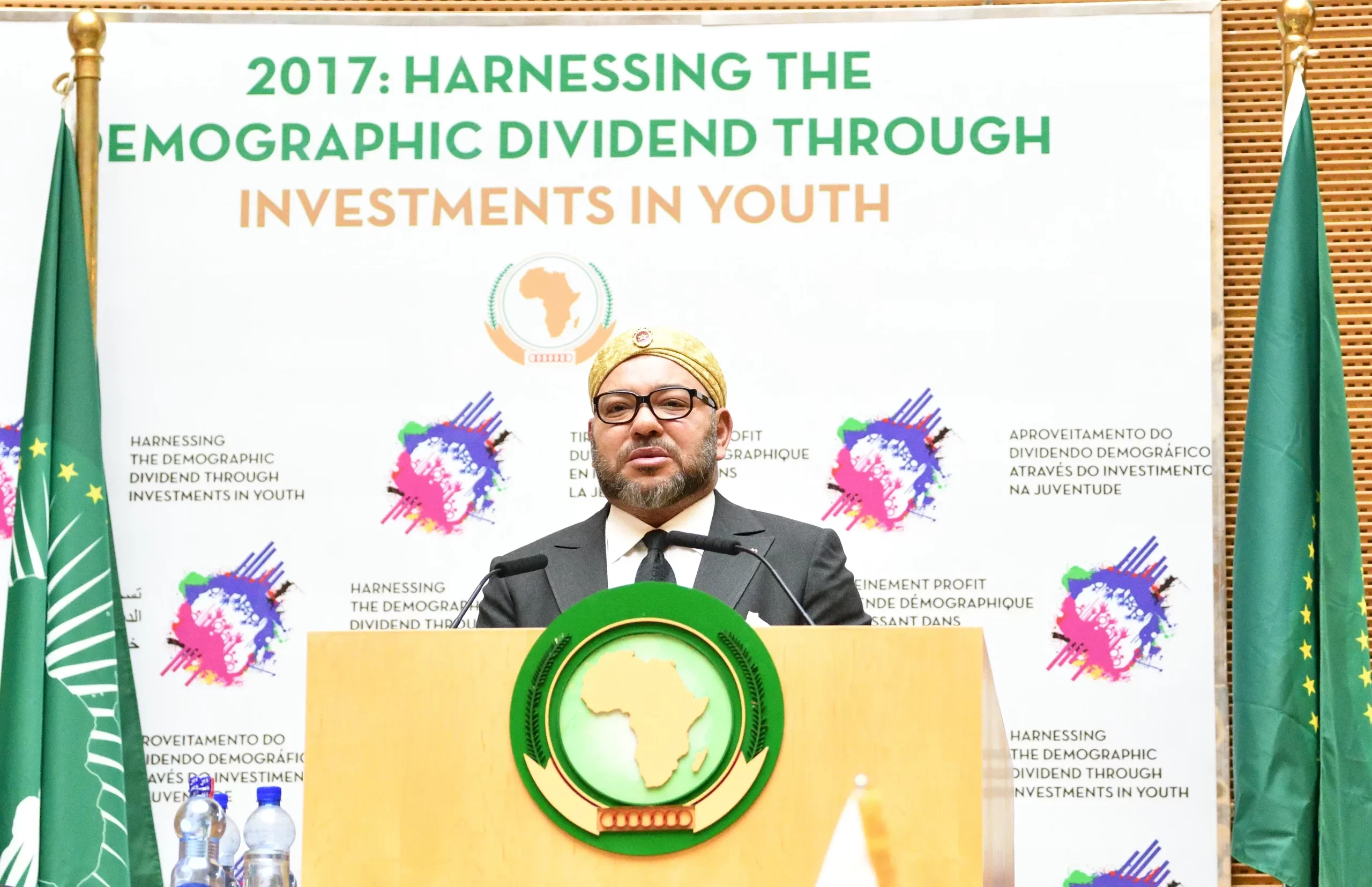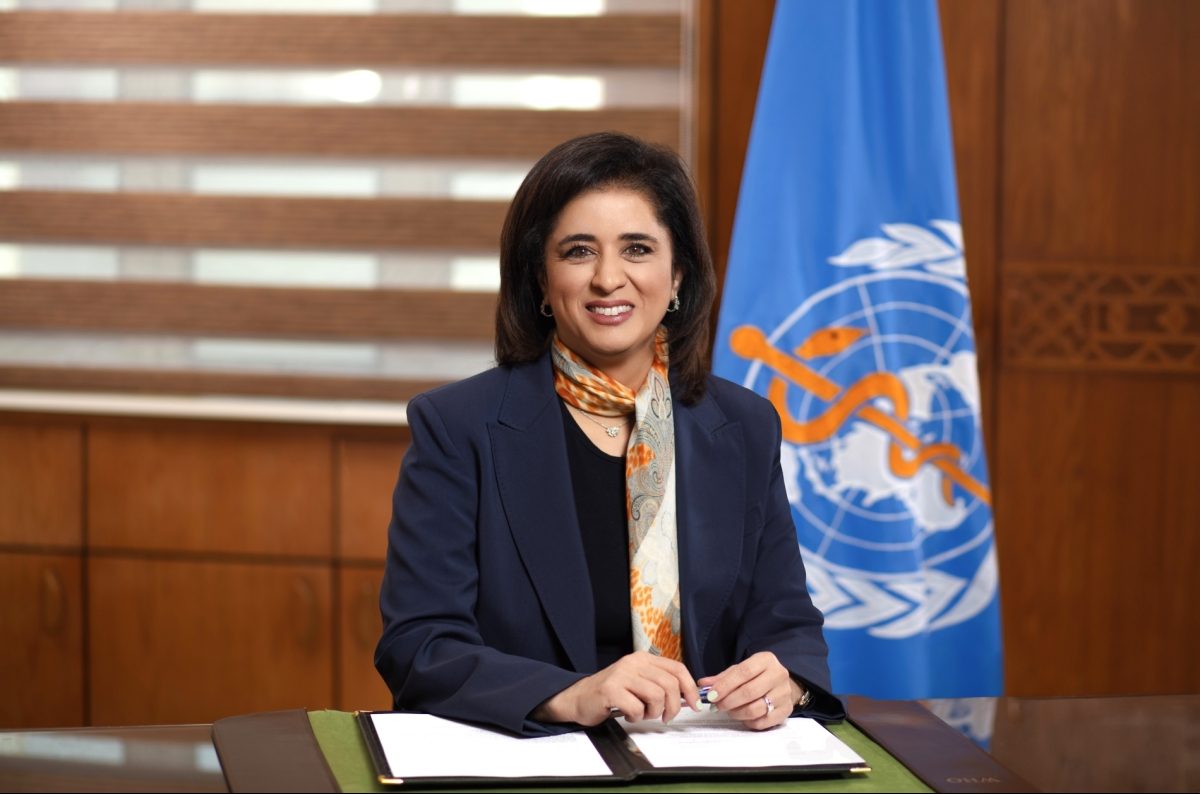Life and Society
Multilateral Action, Only Option for Countering Terrorism (FM Nasser Bourita)
Published
3 years agoon
Minister of Foreign Affairs, African Cooperation, and Moroccan Expatriates, Nasser Bourita, stressed that multilateral action is the only option for countering terrorism.
Bourita addressed a video message to the participants in a high-level meeting on the positive impact of the Rabat-based Office of the United Nations (UN) Program on Counter-Terrorism and Training in Africa, co-chaired by Morocco and the United Nations Counter-Terrorism Office (UNOCT) as part of the United Nations (UN) Third Counter-Terrorism Week (CT Week).
The meeting was attended by Deputy Secretary-General of the United Nations Counter-Terrorism Office (UNOCT), Vladimir Ivanovich Voronkov, Portugal’s Minister of Justice, Catarina Sarmento Castro, Morocco’s Ambassador, and Permanent Representative to the United Nations (UN), Omar Hilale, and several senior officials from the multilateral organization.
In his message, Bourita emphasized that terrorism in Africa is a challenging threat requiring swift, coordinated, and multilateral action, recalling that in 2022, 60% of terrorism-related deaths worldwide were recorded in sub-Saharan Africa, compared to 48% in 2021.
“Multilateral action against terrorism is no longer optional, but the only option,” said the Moroccan minister, pointing out the failure of countries that have tried to counter terrorism individually and those that sought to import standard, one-size-fits-all approaches to counter this scourge
The Foreign minister affirmed that Morocco, guided by the strategic commitment to support African states as a key principle of its foreign policies under the Wise Leadership of His Majesty King Mohammed VI, took concrete measures in 2021 with the inauguration in Rabat of the headquarters of the first United Nations Program Office for Counter-Terrorism and Training in Africa.
In this regard, Bourita underlined that Morocco has spared no effort to support the mission and activities of this Office with political, financial, and in-kind assistance, noting that this structure presents itself as a reliable source of information and a trusted regional hub for capacity building in countering terrorism in Africa.
Bourita also shed light on the support of international partners, the dedication of the Program’s Office in Rabat, and the constant support of the United Nations Counter-Terrorism Office (UNOCT) in New York, underlining that this concrete partnership has encouraged several African countries to take part in the Program’s activities.
The Moroccan official also expressed his delight with the partners’ growing interest in supporting capacity-building activities based on Moroccan expertise and the Kingdom’s experience in countering terrorism.
Bourita also mentioned the Marrakech Platform for Heads of African Counter-Terrorism and Security Agencies, launched in 2022, as another sign of the strengthened partnership between Morocco and the United Nations Counter-Terrorism Office (UNOCT), adding that this platform, which held its second meeting on June 2 in Tangiers, has contributed “real added value” to the regional and multilateral counter-terrorism structure.
In this regard, the Foreign Minister added that the Marrakech Platform is a space for dialogue between dedicated agencies, to better identify, analyze, and prevent terrorist threats in Africa, and to consolidate the impetus for a better-coordinated counter-terrorism response.
Bourita further called on the United Nations Counter-Terrorism Office (UNOCT) Program Office in Rabat to develop collaborative activities on three key parameters, namely the design of programs tailored to African priorities, capacity building based on African expertise, and the development of a practitioners’ and experts’ network to monitor the programs’ implementation in their respective African countries.
The Moroccan official also emphasized that the success of the United Nations Counter-Terrorism Office (UNOCT) Program Office in Rabat largely depends on mutually beneficial collaboration with and between the beneficiary African States, adding that the partnership between the Office and these countries can further reinforce regional cooperation.
In this regard, Bourita praised the recent interactions between the Office and the Atlantic African States Initiative, encouraging the United Nations Program Office for Counter-Terrorism (UNOCT) to further engage with emerging African regional initiatives such as the Accra Initiative, while calling on the Office to facilitate access to innovative counter-terrorism methodologies, as terrorist groups are increasingly exploiting new technologies that require rapid counter-measures.
The Moroccan official stressed that the partnership between the United Nations Program Office for Counter-Terrorism (UNOCT) Program Office and African countries must recognize the importance of dealing with the fundamental causes of violent extremism and terrorism, arguing that this can be achieved through promoting programs focused on countering violent extremism based on African values of coexistence and tolerance.
In this context, Bourita quoted a passage from a message by His Majesty King Mohammed VI, in which the Sovereign said “My firm belief in the importance of coexistence and dialogue is second only to My commitment to moderation and tolerance, and to the rejection of all forms of prejudice, hatred and extremism. I am convinced, as well, of the need to implement policies that facilitate the achievement of these goals.”
Bourita further affirmed that Morocco remains resolutely committed to cooperation with the United Nations Program Office for Counter-Terrorism (UNOCT) and to the success of its Program Office in Rabat, as a contribution to peace, security, and stability in Africa and worldwide.
The new Program Office aims to develop and implement accredited programs focusing on capacity building and skills development in the field of counter-terrorism, including security, investigation and prosecution, prison and border management, disengagement, rehabilitation, and reintegration.
The Program is established based on the pooling of the expertise of Morocco and the United Nations Program Office for Counter-Terrorism (UNOCT) to offer high-quality training for African States through a collaborative and supportive approach embodying a sense of collective responsibility.
The high-level meeting, chaired by the Director of Global Affairs at the Ministry of Foreign Affairs, African Cooperation, and Moroccan Expatriates, Ismail Chakouri, was also attended by Amine Bensaid, President of Al Akhawayn University, which is collaborating with the United Nations Program Office for Counter-Terrorism (UNOCT) to develop accredited university programs and joint research activities in the field of countering terrorism.
You may like
-
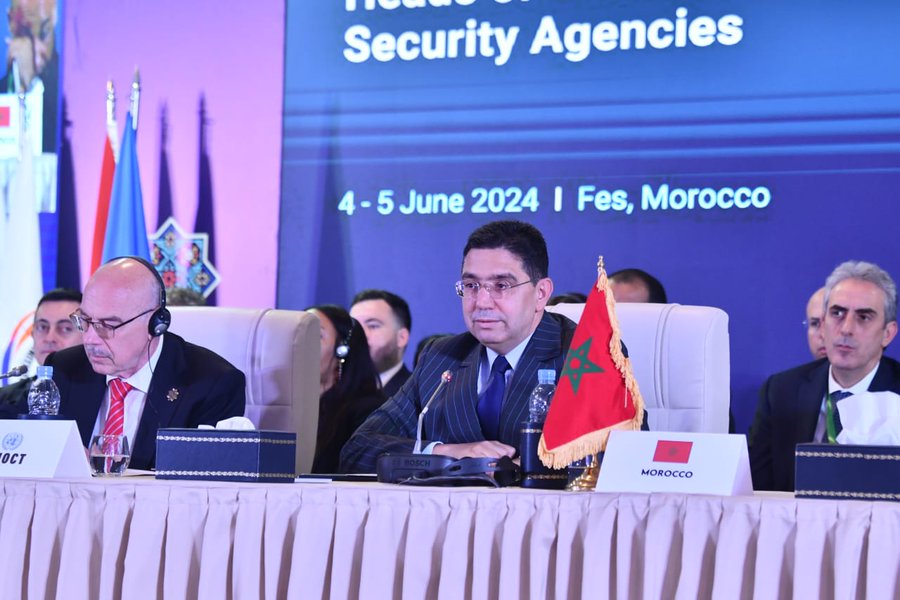

FM Nasser Bourita Sheds Light on Royal Vision Relating to African Cooperation in Counter Terrorism
-


Moroccan Sahara: Côte d’Ivoire Reaffirms Full Support for Morocco’s Autonomy Initiative
-
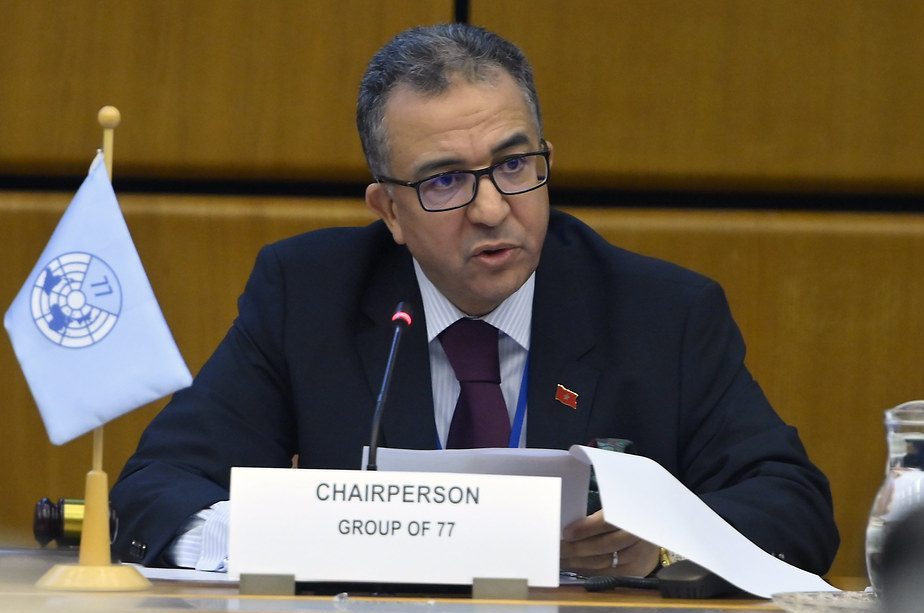

Countering Terrorism: Azzeddine Farhane Sheds Light on Morocco’s Holistic, Integrated Strategy
-
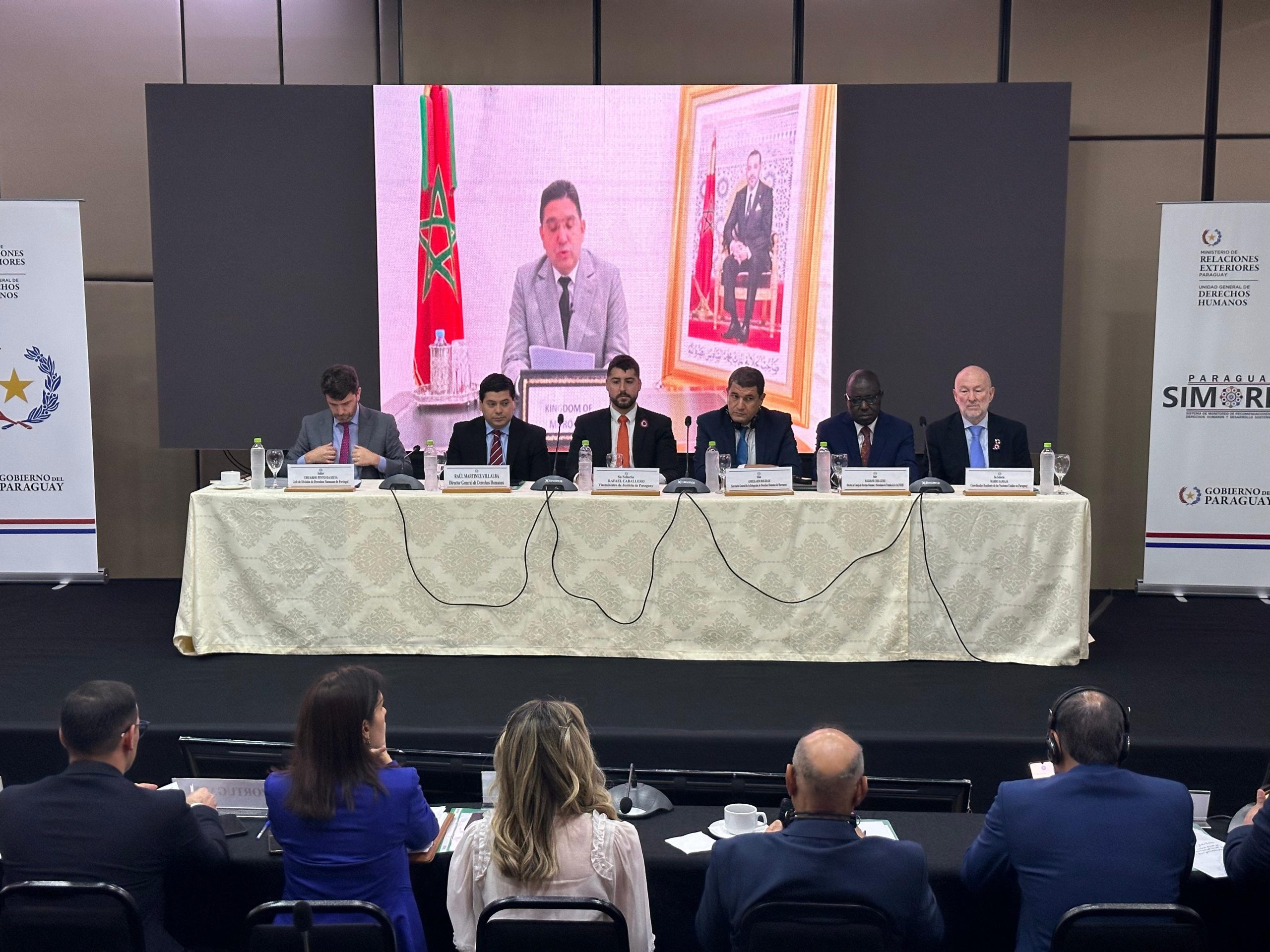

FM Nasser Bourita Sheds Light on Efforts of HM King Mohammed VI in Human Rights Field
-
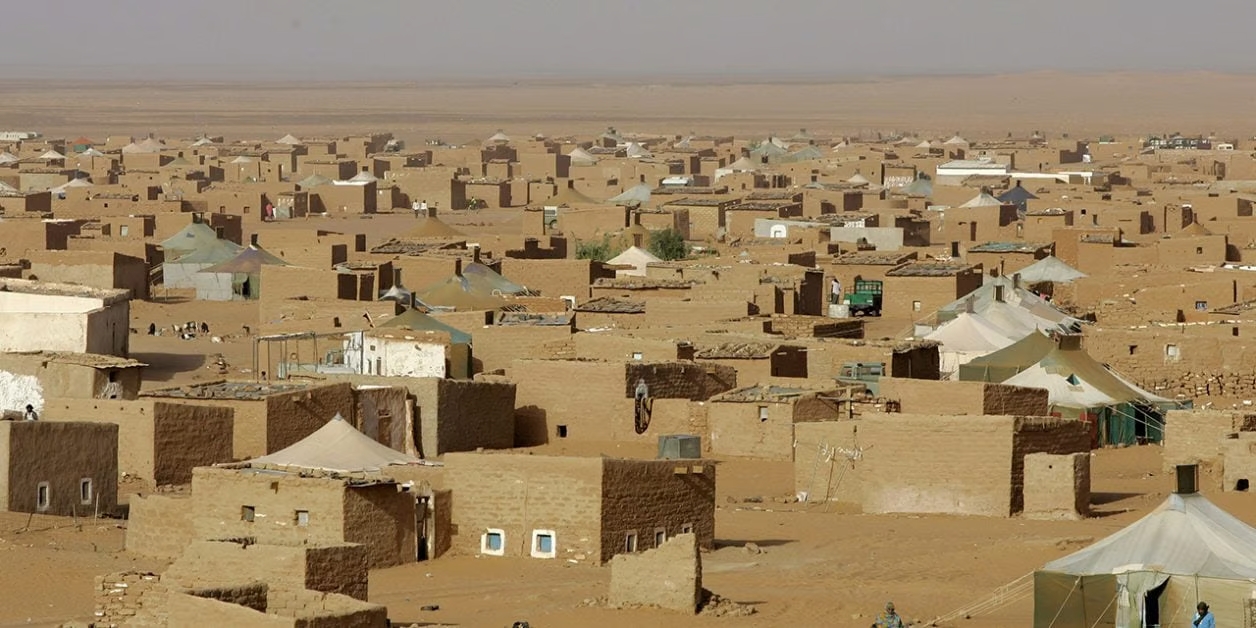

OSPDH Condemns Arbitrary Executions of Young Civilians in Tindouf Camps
-
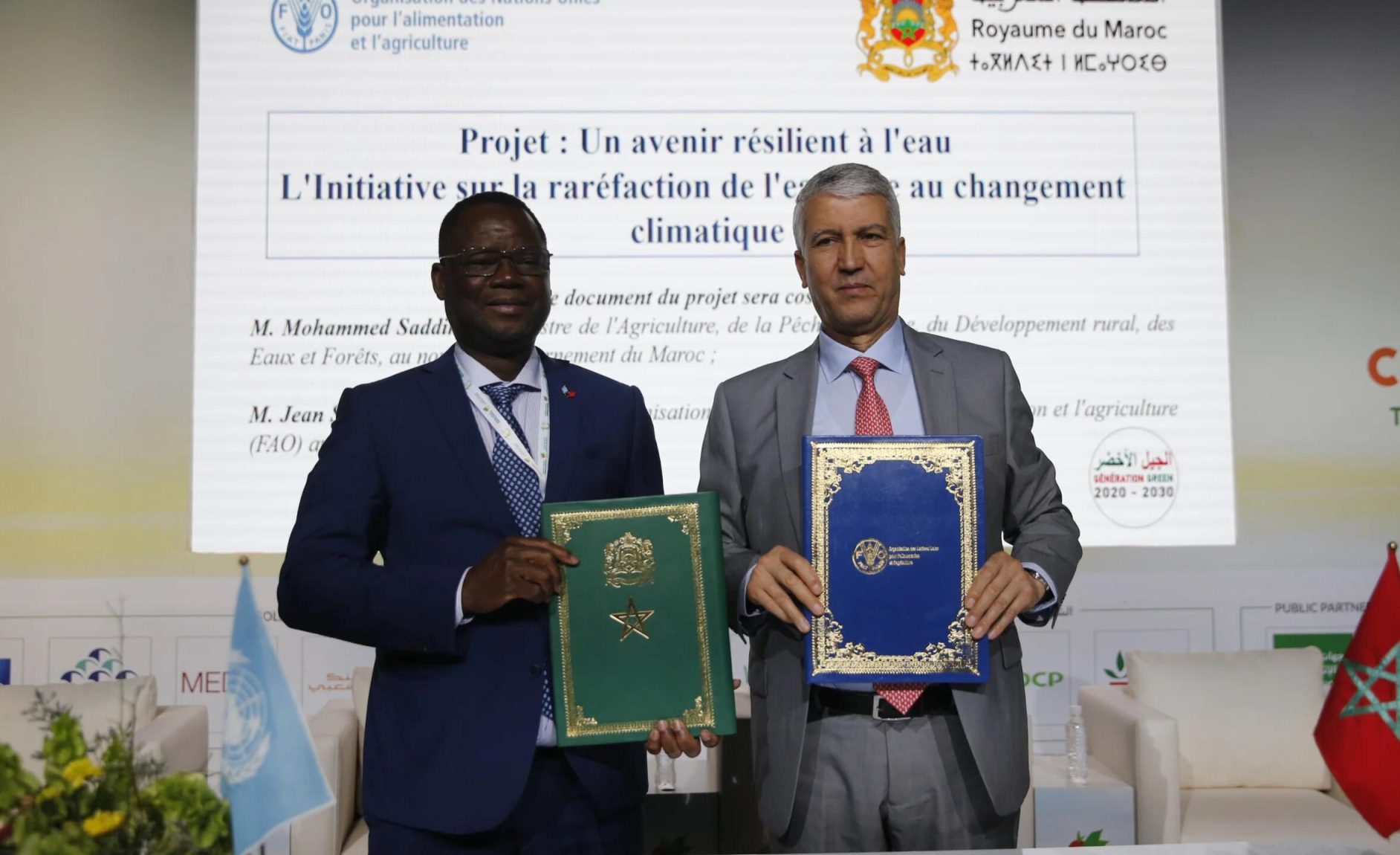

SIAM 2024: Morocco, FAO Join Forces

